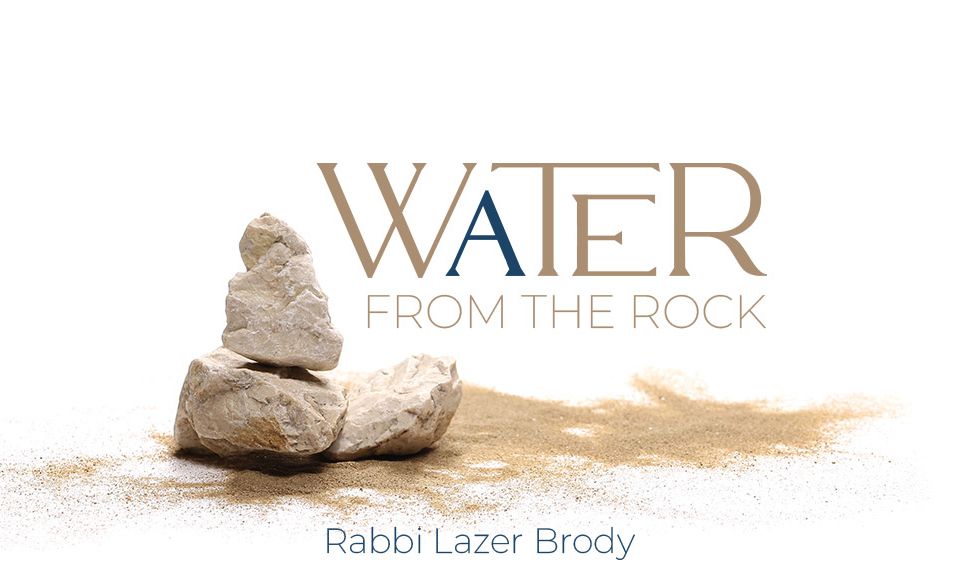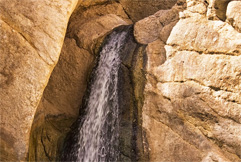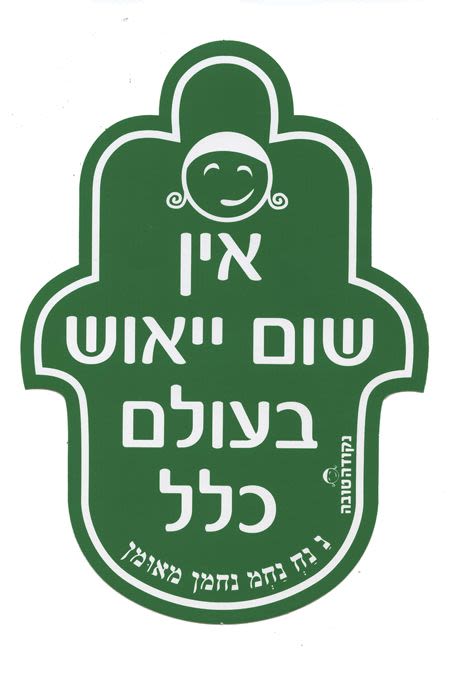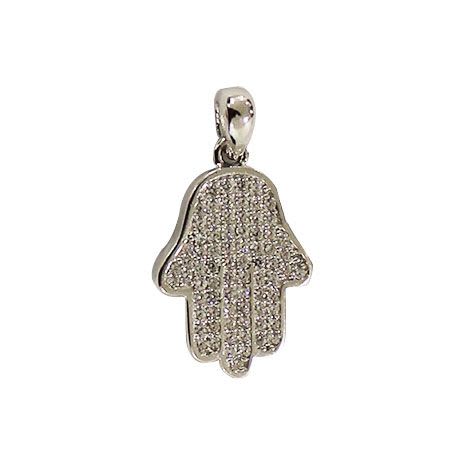
Chukat: Water from the Rock
Why was Hashem upset with Moses for hitting the rock instead of speaking to it? Wasn't eliciting water from the rock enough of a sanctification of Hashem's Name?

“Take the rod…and speak to the rock” (Numbers 20:8).
The above passage teaches us that Hashem commanded Moses to elicit water from a boulder in the barren Sinai desert by taking his rod in hand and speaking to the rock. Meanwhile, thousands of people were clamoring around Moses and yelling at him to bring them water in the middle of the desert. For a fleeting moment, Moses lost his absolute composure and hit the rock with his rod instead of speaking to it. He hit the rock once, and water trickled out; he hit the rock a second time.
We ask ourselves: what was so terrible about Moses striking the rock instead of speaking to it? Wasn’t eliciting water from the rock a major miracle and a sanctification of Hashem’s Name as it was? Why was Moses punished so severely, to the extent that he wouldn’t be allowed into the Land of Israel? The circumstances were more than extenuating – what mortal could have remained calm and collected with thousands of people shouting at him?
To answer all the above questions, we must first understand which rod Hashem was commanding Moses to take in hand. Moses and Aaron had separate rods. We learn in Parshat Va’era that the rod that was thrown on the floor and turned into a snake in Pharaoh’s palace was Aaron’s rod. Rebbe Shimon bar Yochai explains in the Zohar[1] that Aaron’s rod turned into a snake because Moses’ rod was too holy  for such a task. Hashem didn’t want the rod of Moses to be contaminated by coming into contact with the Egyptian magicians’ rods, all agents of witchcraft and idolatry.
for such a task. Hashem didn’t want the rod of Moses to be contaminated by coming into contact with the Egyptian magicians’ rods, all agents of witchcraft and idolatry.
What was so holy about the rod of Moses? The Midrash says that the holy Name of Hashem was engraved on it.[2] Furthermore, Moses’ rod was made from sanprinon stone[3], the same type of stone that the Ten Commandments were carved out of. Our sages tell us that the sanprinon stone is the strongest in the world, as brilliant as a diamond but stronger than a diamond, therefore the strongest rock in the world.
With the above in mind, we can now understand Hashem’s commandment much better. Hashem was speaking to Moses and Aaron, but He wanted Moses to take his rod in hand and to speak to the rock, for this was the same rod that Moses used to split the Red Sea and to defeat the Amalekites. Why? All of creation subjugates itself to the Holy Name that was carved on the rod. If the massive boulder in the middle of the desert would see this awesome Name, then it would crack in two and give forth water without Moses ever touching it. But, since Moses hit the rock – and everyone knew that his rod was made of the strong stone in the universe – the magnificent level of sanctifying Hashem’s Name was lost, as the people attributed the splitting of the rock to natural causes. It made sense that a sanprinon rod could easy split open a Sinai sandstone rock, even if it was composed of quartz, granite or a stronger type of rock. As such, Moses lost the opportunity to perform a monumental sanctification of Hashem’s Name in front of the entire nation.
It still looks like Moses’ miracle was nonetheless gigantic. Was it so terrible that he hit the rock instead of speaking to it?
If I’m not mistaken, “speaking to the rock” is a metaphor for emuna, particularly speaking to Hashem which is the main manifestation of emuna, for the Torah itself calls Hashem “The Rock”[4]; so does King David in a half-dozen places.[5] “Hitting the rock” alludes to hishtadlut, putting in our own effort with the sweat of our brow and the strength of our arms.
With the above in mind, Hashem wanted Moses to show the entire Jewish People for posterity that it is not their hishtadlut – their efforts – that accomplishes great achievements, but emuna. If one speaks to “The Rock”, one need not break his back in the hot sun breaking rocks all day long with a sledgehammer. Moses, as great as he was, was expected to teach this lesson to the nation, and for failing to do so, was punished so severely.
May Hashem help us learn this lesson, and may we all merit speaking to The Rock – our Rock and our salvation – every single day, amen!












6/25/2023
What a deep and beautiful teaching!